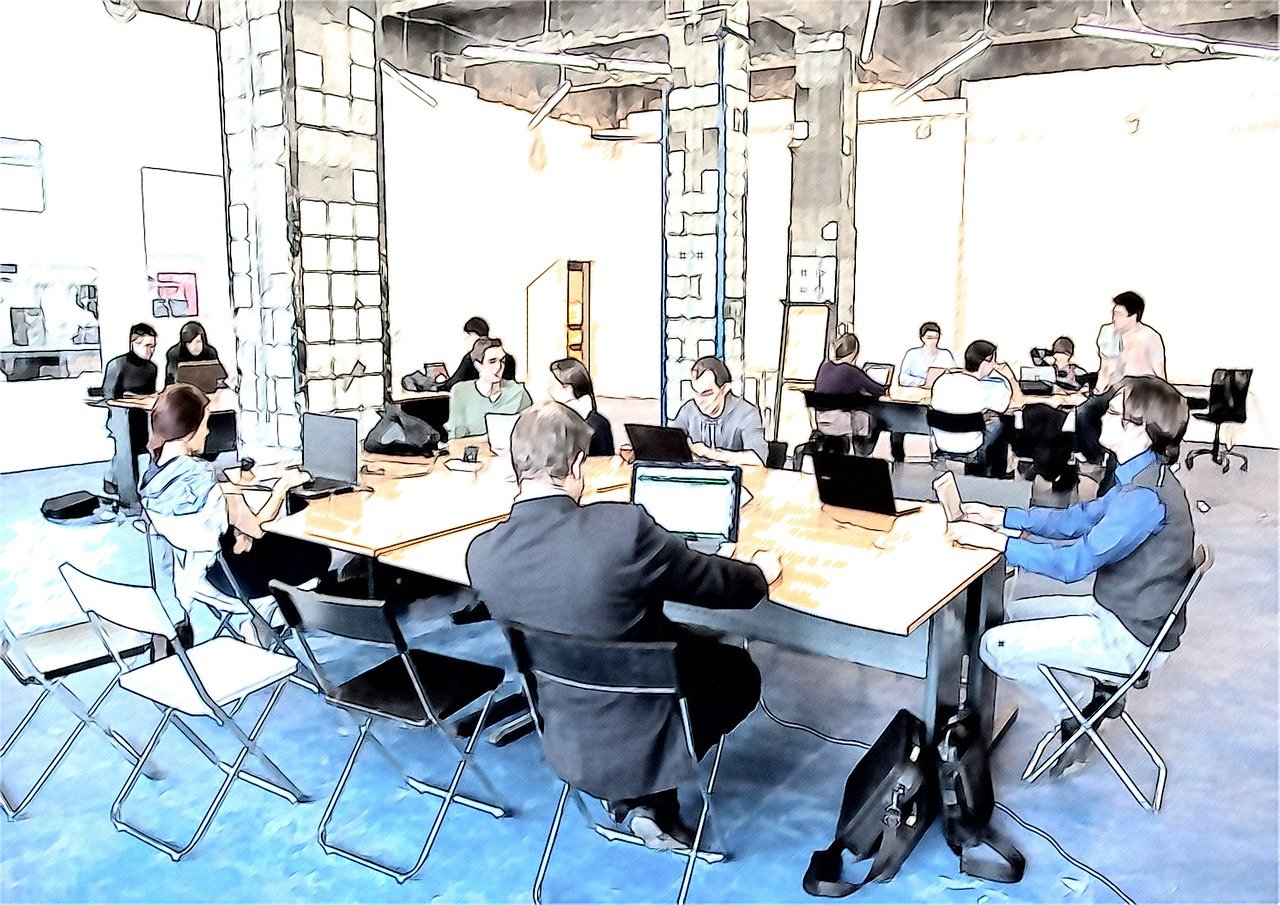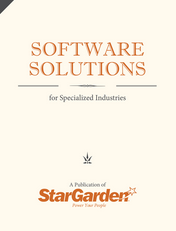4 Ways Human Resources can Stay Relevant in the Modern Workplace
As more employees work remotely and off-premises, companies may question what role HR should take in fostering company culture and maintaining work-life balance. In fact, with so many HR processes being streamlined by automated workflows, companies may question whether HR is relevant at all. Here are five ways in which HR continues to have a vital role in the success of your organization.
 1. Enforcing wage and hour regulations and compliance
1. Enforcing wage and hour regulations and compliance
Employees who telecommute remain subject to most of the same employment laws as those in the office. And they remain under the jurisdiction of workers’ compensation protection for injuries sustained while working, and liability for workplace injuries. It can be hard to establish good boundaries between work and non-work hours and spaces.
It’s imperative, however, that you take steps to ensure that your workers maintain a safe working environment in their offsite or home offices, and that they comply with wage and hour laws in effect for their area. HR can be responsible for ensuring that employees are educated about their rights and responsibilities while telecommuting, and can maintain those records as part of employees’ files.
2. Helping workers be happy, efficient, and effective
Studies have shown that happy employees are more productive employees, and working from home frequently helps keep your employees happy and productive. But don’t stop giving workers performance reviews and professional support just because they aren’t on-site. Knowing who is doing what, and how, is vital for HCM (Human Capital Management). HR can help workers set goals – personally and professionally – and monitor not only their reported work hours and achievements, but the progress and evolution of their goals.
Further, don’t forget to encourage work-life balance in your offsite employees as well, who still can experience work and life stress. Encourage healthy initiatives, nutrition/wellness programs, and other mental and physical health services for all employees, including those who work remotely.
3. Making sure workers maintain certifications, continuing education, and professional networking opportunities
Continued professional development is vital for all employees, and professional networking may be even more important for offsite employees. Working from home can foster a sense of isolation from casual professional colleagues as well. Also, it can be easy for employees to forget to maintain certifications and continuing education requirements that they previously fulfilled on-site through the company. HR should encourage work-from-home employees to attend in-person networking, certification, or continuing education events that can be tracked by the company. Helping all employees maintain both proper certification and professional relevance benefits their professional development and safeguards your organization from the effects of noncompliance.
4. Fostering company culture
A decentralized workplace can have a negative impact on organizational politics and company culture. Employees interacting mainly online rather than in person can alter the group dynamics and lead to misunderstandings. Although working from home can reduce “water cooler politics,” it can also magnify other disagreements and enhance polarization among employees.
HR should be diligent in its efforts to foster company culture and improve employee relationships, making sure that the company comes together in various ways. This can encompass everything from weekly Skype sessions to company-sponsored retreats and events. HR should be sure to check in with employees and managers regularly in an effort to continue to facilitate the company’s corporate values.
Our streamlined, integrated payroll and scheduling systems take the pain out of payroll and scheduling, so you can focus on other areas - like helping HR encourage successful, happy employees! StarGarden has custom-built software solutions for specialized industries with diverse payroll, including human resources software for education, payroll systems and cloud-based payroll management for heavy industry, HR software for cross-border workforces, and more.
Want to learn more about the benefits of an integrated HR & payroll system? Download our FREE eBook by clicking the image below, or contact us today!

